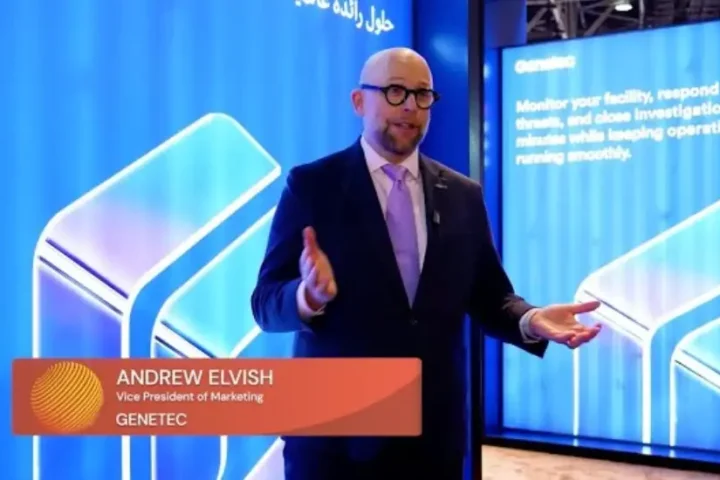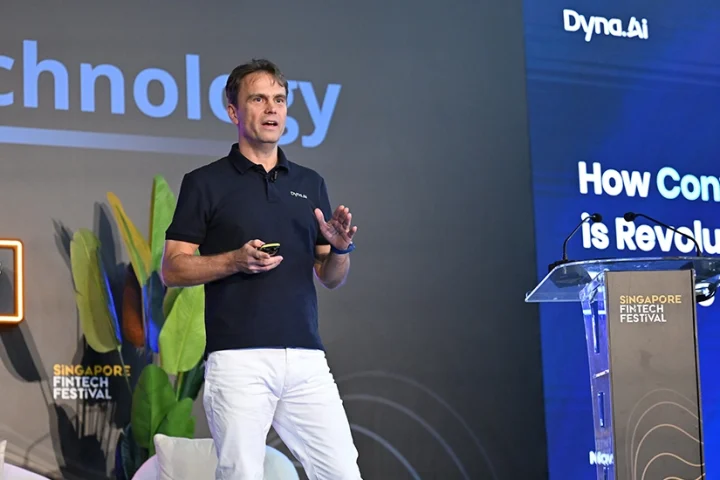New concepts in personal transport built on digital technologies could reduce the amount of cars needed on urban roads globally by up to 20 million vehicles per year in 2025, offering huge sustainability benefits and an improved experience for travellers.
The research, “Environmentally Sustainable Innovation in Automotive Manufacturing and Urban Mobility”, suggests that consumer trends towards ‘on demand’ access rather than product ownership is prompting car manufacturers to consider ride-on-demand business models. When combined with the integration of smart vehicles and smart roads and cities, all connected, these business models will lead to fewer and more efficient journeys, reducing journeys in private cars overall by 360 billion kilometres per year within the next decade. By introducing sustainable production methods, including lightweight materials, expanding the use remanufactured parts and better integrated supply chains, the embodied carbon impact could be reduced by another 89 mega tonnes of CO2 equivalent in 2025.
Hubertus von Roenne, VP Global Industry Practices, BT said, “BT is ready to help the industry turn digital disruption to its own advantage and enjoy the benefits of a more sustainable future. BT is committed to helping all its customers to live and work more sustainably and more efficiently.”
“ICT solutions are enabling service providers to overcome some of the challenges inherent in urban mobility, whilst improving the user experience and encouraging more sustainable travel. New mobility business models can achieve exactly this,” said Martyn Briggs, Industry Principal, Frost & Sullivan.
















